Crisis meeting as Ebola death toll rises in West Africa
- Published
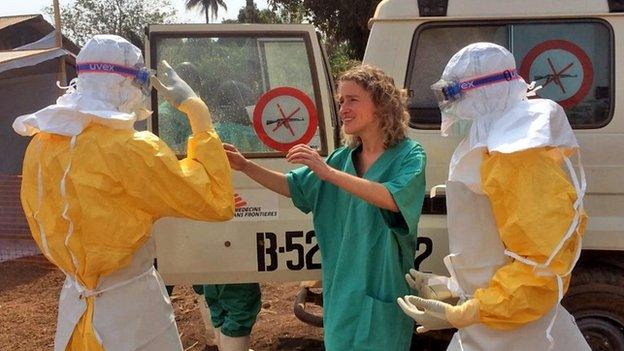
The WHO has sent dozens of experts to West Africa in recent months to try and contain the outbreak
The World Health Organization (WHO) is hosting an emergency meeting in Ghana on Wednesday on the deadly Ebola outbreak in West Africa.
Health officials from 11 countries are meeting in Accra to discuss how to put an end to the crisis.
More than 400 people have died in what has now become the worst Ebola outbreak in history.
Most of the deaths have been in Guinea but there are an increasing number of cases in Liberia and Sierra Leone.
Health ministers from the three affected countries will join officials from neighbouring Ivory Coast, Mali, Guinea Bissau and Senegal, as well as Uganda, DRC, Gambia and hosts Ghana.
Tulip Mazumdar, the BBC's global health correspondent, says all of these countries are considered at risk from Ebola, which is one of the deadliest viruses on the planet.
On Tuesday, the WHO said the death toll in West Africa had risen to 467, with 68 of the deaths recorded since 23 June.
The number of cases had risen from 635 on 23 June to 759, a 20% increase, the WHO added.
Experts on the ground say one of the key reasons for the continuing spread is the fear and denial around the illness.
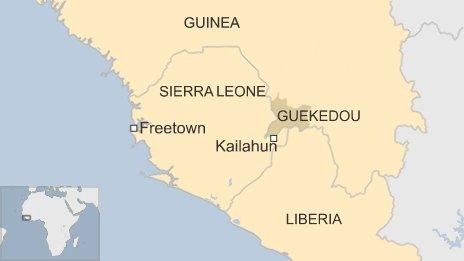
Some communities are said to be hiding loved ones who get sick, instead of taking them to hospital, increasing the risk of the virus spreading.
The WHO has already sent more than 150 experts into West Africa over the last few months to try and contain the outbreak.
But it says political commitment is needed from the region itself to ensure this virus is wiped out soon.
"Containment of this outbreak requires a strong response in the countries and especially along their shared border areas," it said in a statement.
Most of the deaths have been centred in the southern Guekedou region of Guinea, where the outbreak was first reported in February.
But health officials say the regions porous borders have allowed infected people to carry the disease into other countries.

Ebola virus disease (EVD)
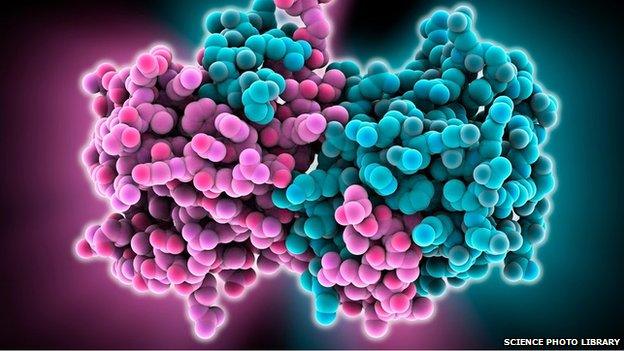
Symptoms include high fever, bleeding and central nervous system damage
Fatality rate can reach 90%
Incubation period is two to 21 days
There is no vaccine or cure
Supportive care such as rehydrating patients who have diarrhoea and vomiting can help recovery
Fruit bats are considered to be the natural host of the virus

- Published1 July 2014
- Published24 April 2014
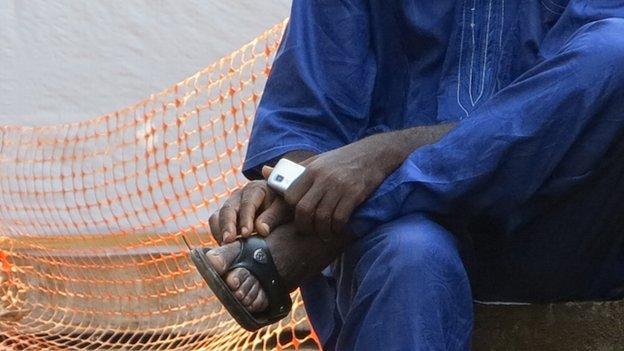
- Published3 April 2014
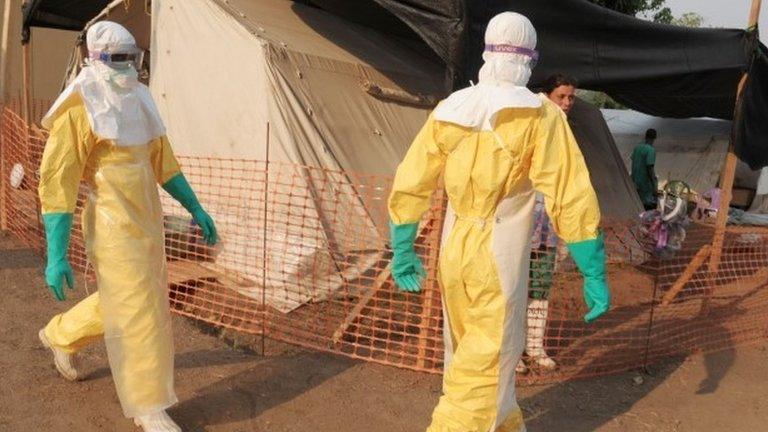
- Published8 October 2014
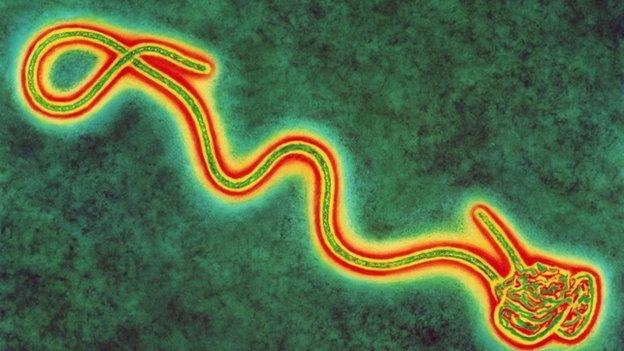
- Published1 April 2014
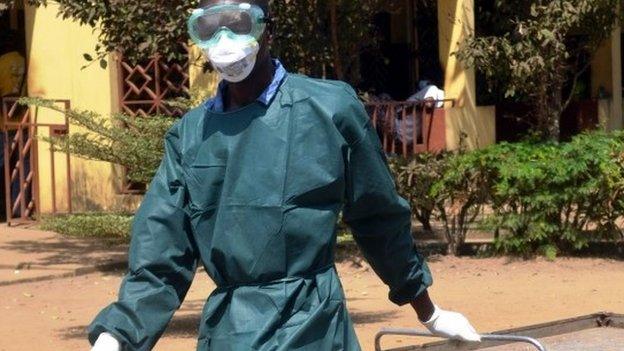
- Published25 March 2014
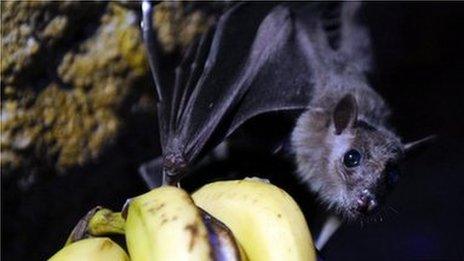
- Published14 May 2018